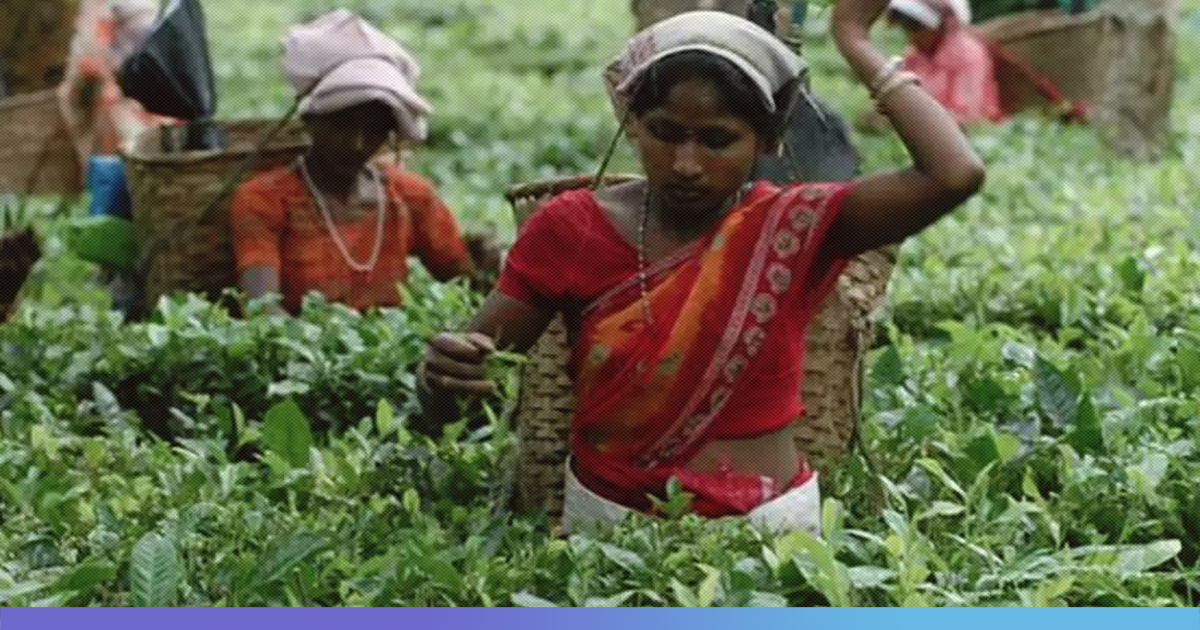Assam is known for its tea cultivation. The tea industry here employs almost 3 million people, amongst which 50 per cent employs are women, and nearly 1.2 million of them are directly employed.
But the 170-year-old tea industry in Assam is going through crisis since 1993 due to lack of governmental support. Many owners have closed their tea industry, and others are on the brink of closure.
The decrease in demand for tea has led to the dip in tea prices making the production costlier. In conversation with India Today, Dinesh Bihani, Secretary, Guwahati Tea Auction Buyer’s Association said, “There is a problem in the tea industry regarding tea price issue for the last two-three years. Production of tea has increased significantly, but demand has not.”
As per the report prepared by tea managers of the Cacher district in Assam, India produces 1300 million kg of tea per year. Assam has 851 tea estates which produce 670 million kilograms of tea per year out of which only 5 to 10 kg is high-value teas. To produce high-quality tea, the total expenditure of Rs 175 per kg is required, but the leaves, despite high quality, fetch only Rs 144 per kg.
As a result, the production of such leaves has decreased over time due to the losses faced by the industries.
Experts are suspecting the industry to be dead within 15 years. Speaking to The Logical Indian Rajesh Sirohia, owner of a tea estate said, “These days market is captured by the small tea growers and as the organised sectors are less in number, the high-value tea produced has been decreased. The organised sector is a liability as they provide housing, medical insurance, provident fund and other facilities to their workers and employees but as the small grower sectors doesn’t even have a permanent labour so they don’t have such liabilities, they don’t provide such facilities so their costing and expenditure are much less this has brought a great havoc for the organised sector.”
Industries sell tea either privately or via auction organised every week. The tea industries auction their product to companies like Tata, Red Label, Godrej etc. In a recent auction, the selling price dropped down to Rs 20 per kg. At such a low price especially when the demand is less, the industries are unable to provide salaries of the employees and labourers on time. This has led to several labours shifting to other parts of the country, especially south India.
Chairman of Consultative Committee of Plantation Associations (CCPA) and Indian Tea Association, Vivek Goenka talking to Deccan Herald said, “Since 2014, auction prices of Assam tea have hovered just between Rs 153 per kg to Rs 156.43 per kg, whereas the average cost of production has touched Rs 200 per kg. Over 90 per cent of tea is sold below Rs. 200 and 60 per cent at Rs 150 per kg. This has caused huge distress in the company’s cash flow, and the situation has turned so bad that banks have stopped giving us loans.”
Some of the managers of other tea estates blamed the lack of strategic planning and marketing as one of the reasons for the slowdown in the tea industry. “There is no influential leader in the tea board who comes in mainstream and opposes the years old rules and regulations made by the government which holds the producer’s hand with the same budget cut,” said a manager.
As the organised sectors are getting extinct, and small tea growers are developing, the quality of tea leaves is getting poor. “Poor quality of tea is causing a dip in domestic consumption and exports. So there is an urgent need for a particular financial package like the one government had offered to the textile industry in 2016. Such package and incentives are needed to protect the jobs and export.” Deccan Herald quoted Bidyananada Borkakoty, adviser of the northeast tea association as saying.
One of the major reasons behind the decrease in tea prices as per the report prepared by the managers is that companies like Hindustan Unilever Ltd. and Tata Global Beverage Ltd. mainly focus on buying leaves at low price from the bought leaf factories (BLF). These factories don’t have their garden, and they mainly buy leaves from other yards. Their focus is on quantity over quality. When such leaves flood the market, the price drops drastically, inflicting huge losses on the tea gardens.
On the contrary, Wagh Bakri has been seen giving a good price, and they buy a good quality product as their marketing areas are mostly north.












